Often, men will present with general malaise as a problem. There’s a sense of discontent which is accompanied by an uncertainty of where it originates or what can be done about it. Some may feel a lack of purpose or meaning about life, which can be difficult to pinpoint. Hence, it’s imperative to ask pertinent questions to then get the relevant and most resourceful outcome. Having said that, some may come with a specific issue in mind but will still want help with clarity.
The one major obstacle most men struggle with when clarifying an issue I found, is with ambivalence. Clearly, there are those who struggle with wanting to continue with a behaviour but not wanting to deal with the consequences. However, for every action, there’s a re-action. At times, the occurrence of the consequences may not be enough to warrant behavioural change, but the depth and quality might. Most men also employ unconscious defence mechanisms to justify their behaviour, such as denial, intellectualising, displacement, and rationalising (the most common one). And all this may be compounded by gender and cultural expectations.
Frequently, the problem(s) lie under the presenting one, and it takes time to fish out. This needs to be done sensitively and with patience. Invariably, the issue(s) that are presented tend to be the symptoms of the real issues. Hence, there can be some doubt or confusion of what the actual problem(s) is.
Good clarifying questions to ask are: What specifically is the problem? How and why is this specifically a problem for you? What do you specifically want, to resolve this problem? Why do you want this? What will happen if you don’t get it? What’s stopping you from achieving this? What will life look like if this problem is not resolved?
To facilitate the above, spend some quiet time reflecting on your thoughts, feelings, and behaviours. Pay attention to any physical symptoms such as stress, tiredness, headaches and the like, they may be symptomatic of underlying issues. Note any emotional signs such as anxiety, sadness, anger, or frustration. Look at your behavioural patterns and identify any habits that contribute to the problem(s), such as procrastination, avoidance, substance abuse or isolating. Or there could be more obvious life events or changes, such as a job loss, divorce, or moving, all of which will contribute to identifying any issues.
You may even wish to seek feedback from trusted friends, family members or work colleagues as they can provide you with valuable insights into your behaviours that you might not be fully aware of.
In any case, identifying a problem(s) is not as easy as it sounds, and there are certainly a lot of factors to consider. However, the closer you get to identifying it, the more the chance of addressing it.



